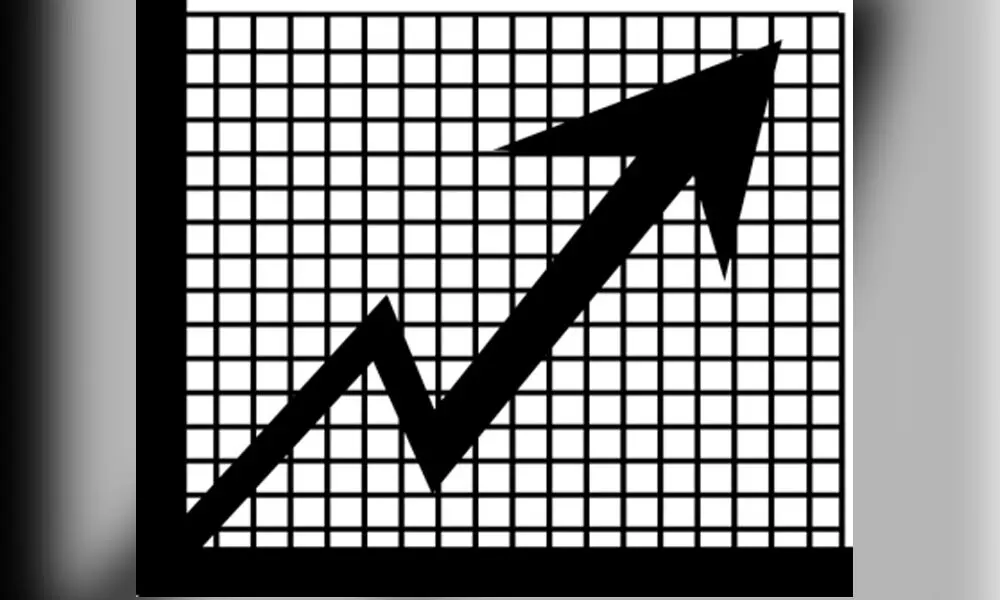V-shaped economic recovery due to timely, stringent lockdown
India's timely and stringent lockdown to curb the spread of Covid-19 pandemic led to the 'V'-shaped economic recovery, said the Economic Survey 2020-21.
image for illustrative purpose

New Delhi, Jan 29 India's timely and stringent lockdown to curb the spread of Covid-19 pandemic led to the 'V'-shaped economic recovery, said the Economic Survey 2020-21.
The document was tabled by Finance Minister Nirmala Sitharaman in Lok Sabha on Friday.
"Evidence from the experience of Spanish flu establishes that cities that intervened with lockdowns earlier and more aggressively experience stronger recovery in the economic front in the long run," the survey said.
"Learning from this experience, India implemented an early and stringent lockdown from late March to May to curb the pace of spread of Covid-19. With the economy brought to a standstill for two complete months, the inevitable effect was a 23.9 per cent contraction in GDP as compared to previous year's quarter."
According to the survey, since the gradual 'Unlock' since June, 2020, the country has experienced a 'V'-shaped recovery.
Besides, the document prepared by Finance Ministry's Chief Economic Adviser Krishnamurthy V. Subramanian said 'V'-shaped economic recovery while avoiding a second wave of infections make India a 'sui generis' case in this unique, synchronized global recession.
"Despite the hard hitting economic shock created by the global pandemic, India is witnessing a V-shaped recovery with a stable macroeconomic situation aided by a stable currency, comfortable current account, burgeoning forex reserves, and encouraging signs in the manufacturing sector output," the document said.
"India is reaping the 'lockdown dividend' from the brave, preventive measures adopted at the onset of the pandemic, which were based on the humane principle advocated eloquently in the Mahabharata...."
As per the survey, the policy maturity and the alacrity displayed to not "waste a crisis" has helped the country to save both 'lives' and 'livelihoods' in its own unique way and has shifted the focus away from the short-term pain created by the crisis to the potential for long-term gains engendered by the policy response.

